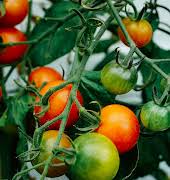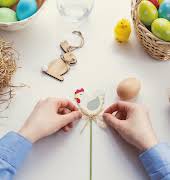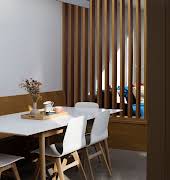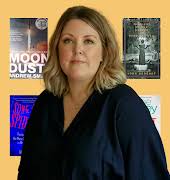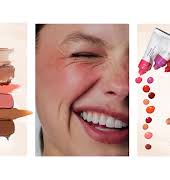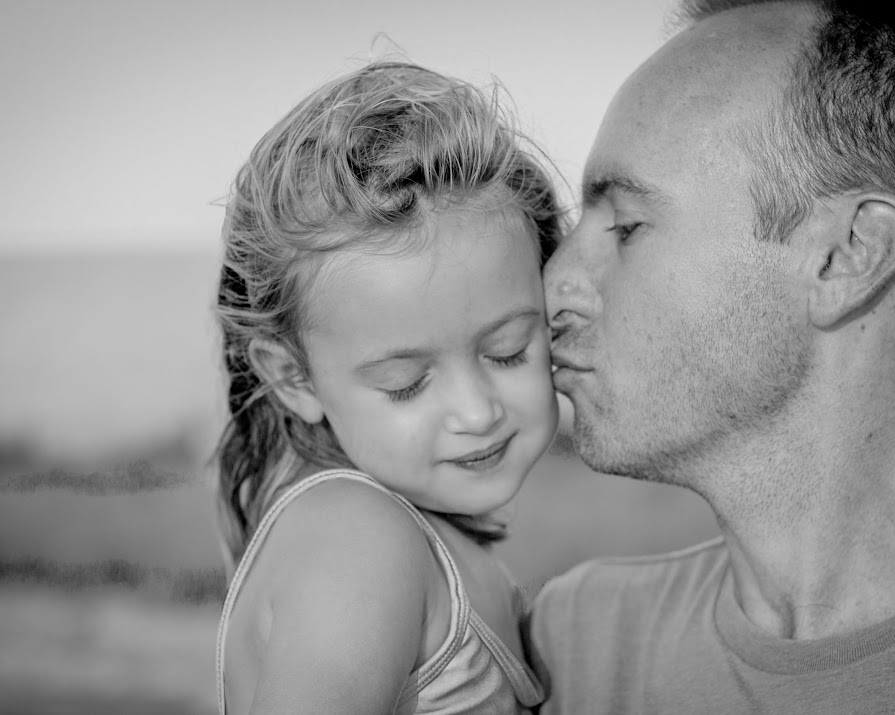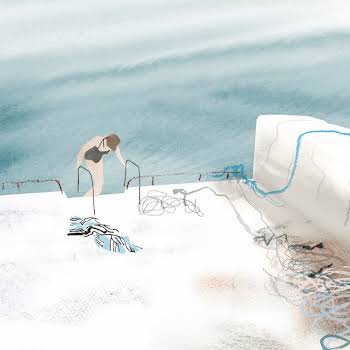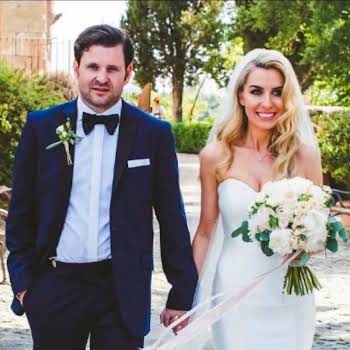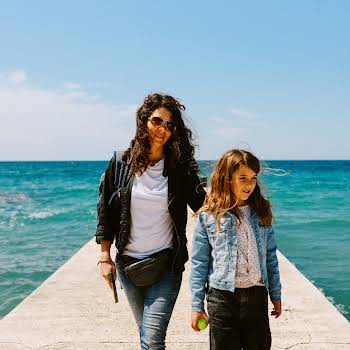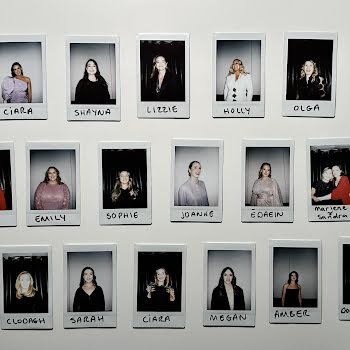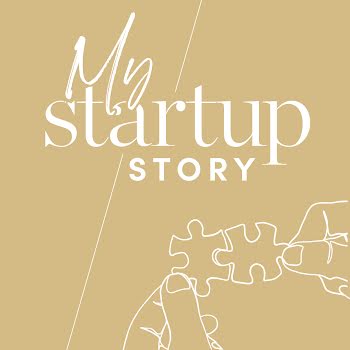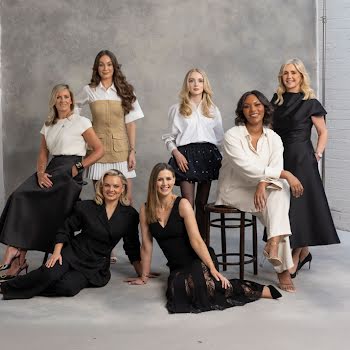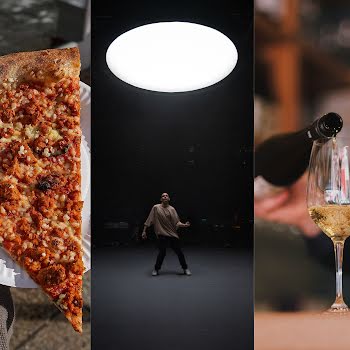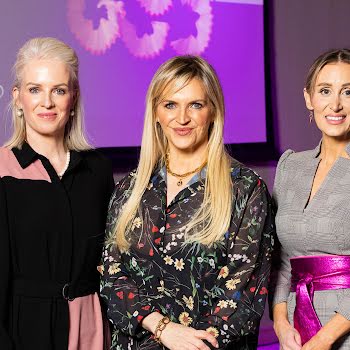
When your dad has cancer on Father’s Day – ‘There’s something incredibly difficult about watching the strongest man you know curl up in pain’
By IMAGE
19th Jun 2022
19th Jun 2022
Father's Day can evoke bittersweet emotions for women whose dads are battling illnesses. Here, an IMAGE writer explores the pain of her father's cancer diagnosis and their shifting parent-child dynamic.
My dad has been battling skin cancer since I was a child. Now, decades later, it almost seems a part of his identity. It’s an odd situation; we talk about it so frequently in the family but not a word to those outside of the circle. And while he is a cancer survivor, first and foremost, he will always be remembered in my mind as an energetic, joyful soul with a contagious optimism.
He’s the kind of rare creature that gets to know everyone he meets, from the waiter at dinner to the homeless man that frequents the local petrol station. I’ve watched him unfold his charm to people time and time again, observing their facial expressions change from apprehension at his approach to curiosity and genuine appreciation.
When I think of him, I conjure smells of sawdust and grease-caked gloves, images of him in his construction gear and sounds of laughter as he tickles us when we’re small. But what I will always remember most is his bold approachableness, his warm trust of strangers — something I recognise even more so now as a rare quality indeed.
The past few years have been especially hard on him, he’s had multiple surgeries and painful treatments. If you’re unfamiliar with how skin cancer is treated, it often involves using a topical form of chemotherapy. Whenever the dermatologist discovers a new cancerous spot, my father must apply this excruciatingly painful cream and allow it to eat away the cancer. The results, though effective, can cause blinding pain, migraines and, sadly in his case, depression. It’s all right there on the label — all the side effects that he’s experienced, but warnings never really make things any easier.
There’s something incredibly difficult about watching the strongest man you know curl up in pain. He’s hardly ever complained and I can count the number of times I’ve seen him cry on one hand. I’ve often wished I could take that pain away for just a few minutes so he could experience a morsel of relief. I’ve realised that, at some point, our parent-child dynamic shifted; I worry about him, anticipate his needs, call and check-in as frequently as I can, and am constantly offering my support.
With Father’s Day approaching, I’ve been feeling even more helpless in his situation. So, I reached out to my sister to see if there’s a way we can bring him some hope and happiness on this special day. She, like many older sisters, had her matriarchal wisdom at the ready, and gave me some of the best advice I’ve received.
“We can’t control the big things, but we can control how we react to them,” she said. “We can’t alleviate the blow, but we can offer distraction during and treatment afterwards.”
In other words, we each have our gifts and personalities, our own relationships with my father, and though we can’t heal his pain, we can show him love and kindness in our own way to help him through it. For my dad and I, our relationship is built on a shared appreciation of cringe-y humour, sarcasm, epic war films, whiskey and pulling pranks on mother.
So, I’ve decided the best way forward is to continue to build on our relationship in these ways, continuing normalcy for him, for both of us. This means that whenever we visit or chat on the phone, we handle things in our own way.
We crack jokes about the treatment, calling it ‘sophisticated torture’ and saying it’s slightly less devastating than suffering through my mom’s chalky meatloaf. My dad calls his chemo cream ‘a facelift in a bottle’ and I tell him (after the peeling phase is through and he’s left with raw red skin underneath) that he’s never looked younger.
We share a glass of whiskey and exchange the woes of working too much, a habit neither of us have ever been able to shake. We cheers to retirement and plan for a future that isn’t guaranteed.
Most importantly, we plan the next small, happy milestone, which can be anything from a birthday dinner to family vacation — something that he can look forward to and that will get him through the next treatment.
It’s a delicate balance of realism and distraction, but I think we’ve found a combination that works, and this Father’s Day, we will do just that. We will raise a glass to the tough times, but toast to the good days ahead.
As long as there are a few happy plans in the works, the bad days are bearable for now. (And, we might just make my mom suffer through a few dad jokes as well!)

